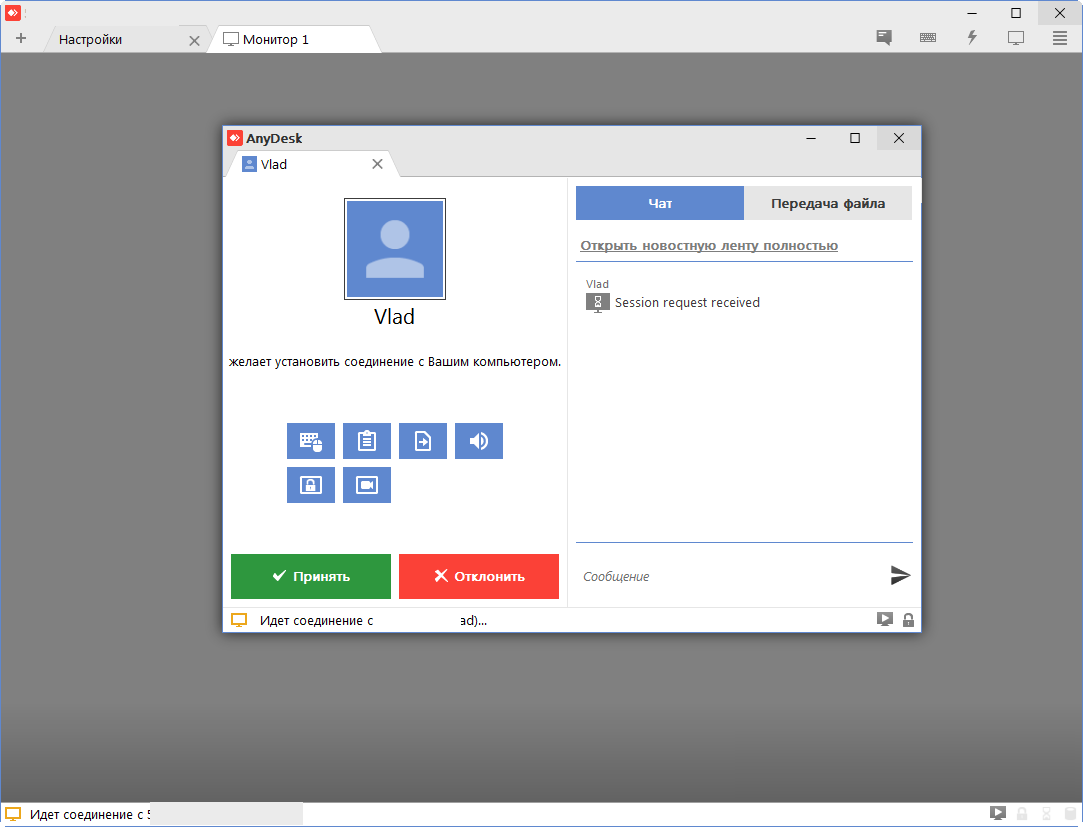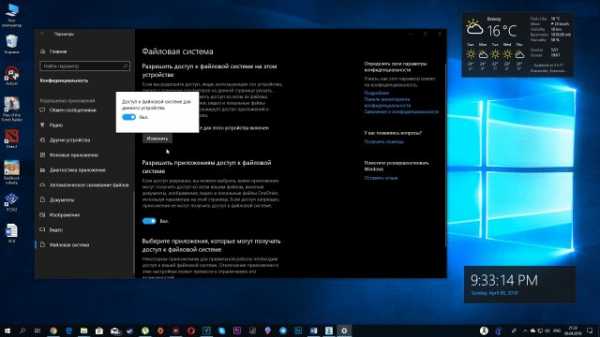

To move a script down in the list, click it and then click Down. To move a script up in the list, click it and then click Up. If you assign multiple scripts, the scripts are processed in the order that you specify.

In the Add a Script dialog box, do the following:.In the Startup Properties dialog box, click Add.In the results pane, double-click Startup.The path is Computer Configuration\Windows Settings\Scripts (Startup/Shutdown). In the console tree, click Scripts (Startup/Shutdown).Copying the steps from so that if they take it down, it still can be found at SO. You can also use the Local Group Policy Editor (executing gpedit) and add a Startup script. For example: killall fish (fish, in this sense, is the Friendly Interactive SHell).I prefer to create a task in the Task Scheduler and set the trigger as "On Startup", but you can also use Startup Scripts. If you know the name of the process you can simply go killall, where the is what you are trying to kill. To kill all processes started by your account, enter kill -1. If it is still running, then do a kill -2 7667 Then you'd re-run the same ps command and check if the process was still running. Supposing that ps -u whoami returned something like PID TTY TIME CMDĪnd you wanted to kill the firefox process by its process id, then you'd do: kill -1 7667 For example, sending a -1 to the process will ask it to reload the configuration file sending a -2 is equivalent to pressing the Control+C on that process -9 will cause the kernel to abandon the process, without communicating it to the process.

The signal indicates what the process should do. To kill a process you will use the kill command, which sends a SIGNAL to the process. You might break something if you kill the wrong process. This will list all processes that can be deleted by your account.Ģ) The ps command will list the process number, the TTY, Time, and CMD. The whoami is just in case you don't know the name of the account you are using, otherwise just type the name of the account without the back quotes. 1) How do I find the processes started by me? Run this: ps -u `whoami`


 0 kommentar(er)
0 kommentar(er)
